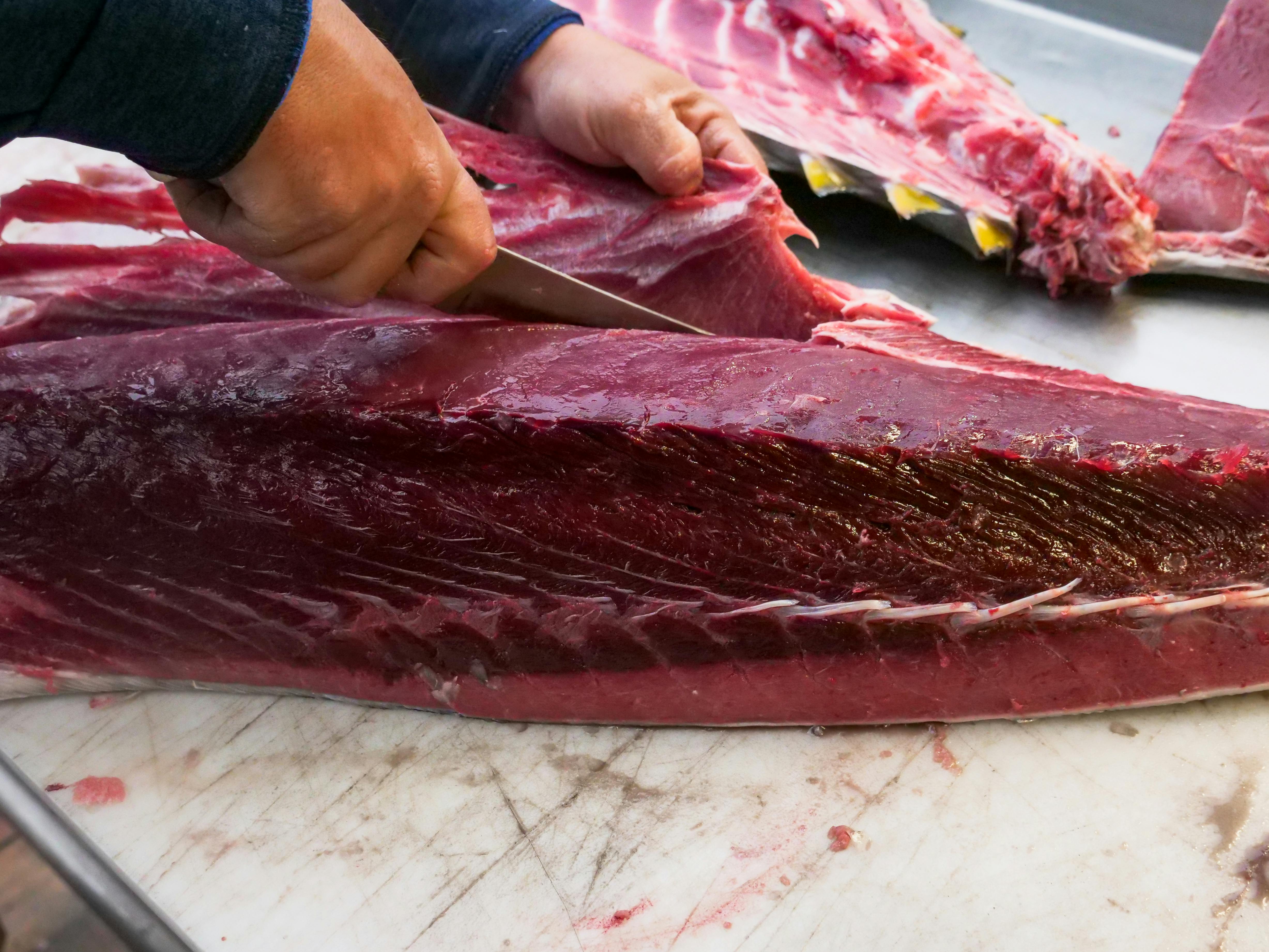Smart Ways to Care for Lionfish for Sale in 2025

Apply Now


Smart Ways to Care for Lionfish for Sale in 2025
Understanding Lionfish Characteristics
Lionfish are exotic and strikingly beautiful creatures, making them a desirable addition to home aquariums. Known for their distinctive fin structure and vibrant colors, these fish belong to the family Scorpaenidae. Understanding the various lionfish species, including the popular Pterois volitans and Pterois miles, is essential for potential owners looking to buy lionfish. Their unique features include venomous spines, which serve as a defense mechanism in the wild. This characteristic also influences their tank mates, as compatibility is fundamental to maintaining a peaceful aquarium environment. Furthermore, researching lionfish anatomy can enhance your care approach, especially regarding their feeding habits and habitat preferences.Key Aspects of Lionfish Care
Caring for a lionfish requires an understanding of their specific needs and environment. First, it's important to establish a suitable lionfish tank setup. A minimum of 75 gallons is recommended, with ample space to swim and hide. The aquarium's water should be kept at a specific temperature range of 75 to 82°F, with proper filtration to maintain clean conditions. Additionally, lionfish thrive in well-oxygenated water, so aerating resources like pumps or filters should be considered during setup. Caring for lionfish involves more than just tank conditions. A varied diet is crucial for their health. They primarily feed on smaller fish and invertebrates; thus, lionfish food should consist of high-quality frozen silversides, shrimp, and occasionally, pellets. Ensuring a balanced lionfish feeding schedule can help prevent common health issues, ultimately leading to thriving aquatic life in your aquarium.Choosing the Right Lionfish Species
With more lionfish species becoming available in the market, understanding the differences can help you select the best option for your aquarium. Exotic lionfish variants offer different colors and patterns, enhancing the aesthetic of your tank. However, it's crucial to select species not only based on appearance but also on their compatibility with your ecosystem. For instance, while some lionfish exhibit more social behavior, others can be territorial. Researching lionfish market trends can help you make informed decisions when buying lionfish. Price comparisons can vary significantly, so it’s essential to check lionfish prices online across various platforms. Additionally, choosing a reputable lionfish online store can significantly reduce the risk of purchasing unhealthy specimens, which is vital for a successful home aquarium experience.Creating Optimal Lionfish Habitats
Essential Lionfish Tank Setup
When setting up a lionfish aquarium, ensure you incorporate hiding spots and structures that mimic their natural environment. Lionfish prefer rocky or coral formations; thus, adding live rock and artificial corals will provide essential coverage. Keeping the tank well-lit can also promote a healthy environment as lionfish are sensitive to light. Ensuring optimal lionfish tank conditions not only enhances their color but can also promote overall well-being. Creating a peaceful community involves selecting appropriate lionfish tank mates. Some species can be aggressive, so combining them with non-militaristic fish or those of similar sizes can be beneficial. It’s crucial to monitor their interactions initially. Avoid smaller, slower fish that may easily become victims of lionfish predation.Understanding Lionfish Maintenance
Maintaining a lionfish aquarium entails regular water quality checks, filtration, and changing a portion of the water weekly. Testing for ammonia, nitrites, nitrates, and pH levels is crucial for sustaining a healthy environment. Additionally, lionfish health tips include paying attention to their behavior. If unusual lethargy or lack of appetite is noticed, it's vital to consult with professionals for lionfish emergency care. Supplements can also play a big role in lionfish maintenance. Feeds enriched with vitamin supplements can significantly improve health and coloration. Regular feeding practices and understanding lionfish dietary requirements will keep your pet in excellent condition.Lionfish Breeding and Reproduction
Breeding lionfish in a home aquarium can present both exciting opportunities and challenges. Unlike many fish, lionfish exhibit live-bearing characteristics, which can complicate breeding efforts. Owner education around lionfish breeding habits is crucial, particularly concerning their spawning needs. Maintaining optimal water quality and providing a nurturing environment can increase the likelihood of successful breeding. Monitoring lionfish reproduction size can be essential to understanding growth rates. Young lionfish grow rapidly, and keeping track of their development will prepare you for any necessary habitat adjustments. Healthy environments directly correlate to successful offspring viability.Food and Feeding for Lionfish
Crafting the Ideal Lionfish Diet
Providing the proper lionfish diet is integral for their health. Understanding lionfish feeding schedules is beneficial, as these fish typically eat once or twice a day. Ensuring a mix of meaty foods—such as shrimp and small fish tailored to their size—will keep them satisfied and healthy. Gradually introducing varied diets can encourage finicky eaters to explore new foods, promoting nutritional balance. Incorporating frozen or live foods can stimulate their natural hunting instincts, which is pivotal for ensuring healthy lionfish behavior. Avoid relying purely on dry foods, as these may not provide adequate nutrition over the long term.Handling and Care for Lionfish
Handling lionfish requires caution due to their venomous spines; however, once acclimated, they can be observed without issue. Utilize safety precautions when interacting with them, and adopt proper lionfish handling protocols to avoid accidents. Educating yourself on lionfish venom can further inform how to manage potential stings and emergencies should they arise. Regular health assessments are essential for keeping your lionfish vibrant and active. Look for signs of stress or illness, such as changes in color, erratic swimming patterns, or a lack of appetite. Ensuring they receive consistent quality care, including regular veterinary check-ups, can make a significant difference in their overall longevity.Frequently Asked Questions About Lionfish Care
What are the essential conditions for a lionfish aquarium?
A lionfish aquarium should have a minimum of 75 gallons of water, maintain temperatures between 75°F to 82°F, and possess appropriate filtration systems. The aquarium should mimic a rocky habitat to provide shelter.How can I feed my lionfish properly?
Lionfish require a diverse diet of meaty foods such as shrimp, silversides, and occasionally pellets. Feeding them once or twice daily helps mimic their natural feeding behavior.Are lionfish difficult to care for?
While lionfish can be challenging due to their dietary needs and specific water requirements, those with knowledge of marine life and proper care can keep them successfully.Conclusion
By understanding lionfish characteristics, creating optimal habitats, and ensuring proper nutritional inputs, you'll be well on your way to successfully caring for these extraordinary fish. With thoughtful maintenance and attention to their needs, lionfish can thrive in home aquariums, captivating all who view them. If you're ready to embrace the unique beauty of lionfish, check local listings and online stores for quality specimens today!
